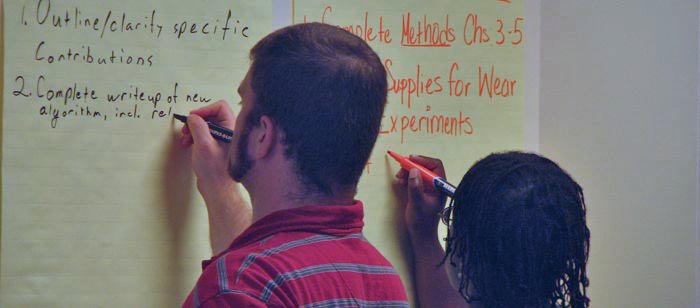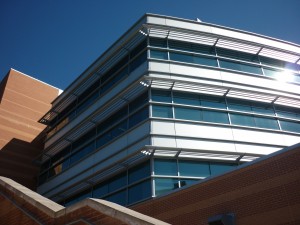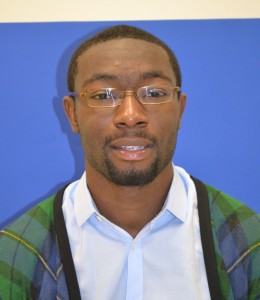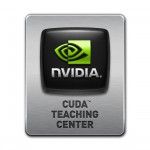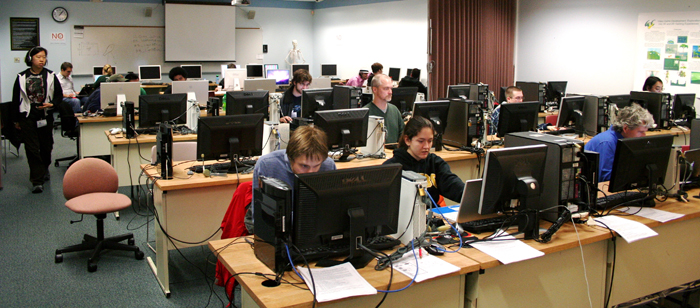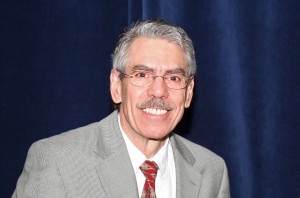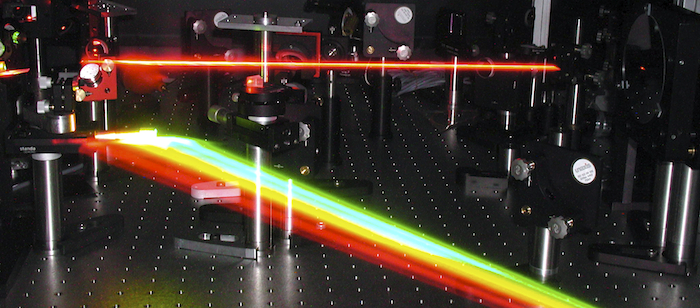
Cybersecurity Lecture
Modern Threat Environment and the Impact of Technology Shifts
Neal Ziring
Information Assurance Technical Director
National Security Agency
6-7pm Tuesday 20 September 2011 in ITE 102 (LH 8)
Neal Ziring will give a special guest lecture in CYBR620 (Introduction to Cybersecurity) on the modern threat environment and the impact of shifts in technology, such as the move from IPv4 to IPv6 and the security of systems and networks topics.
Mr. Neal Ziring is currently a technical director in the Information Assurance Directorate (IAD), at NSA. The IAD provides cryptographic, network, and operational security products and services to protect and defend national security systems. Prior to his role at the IAD level, Neal with a technical director for the Vulnerability Analysis and Operations Group, which provides technology evaluations, defensive operations, and secure configuration guidance for the DoD and the IC. During that time, Neal also served as security architect for two major NSA mission systems programs, collaborated with NIST on the Security Content Automation Protocol (S-CAP) specifications, and lead analysis efforts for Cloud Computing technology and IPv6. Neal has degrees in Computer Science and Electrical Engineering from Washington University. Before coming to NSA in 1989, he worked at AT&T Bell Labs.

